The Trump White House is exploring a 50-year fixed-rate mortgage option, a move that could potentially break the housing market gridlock and make homeownership more feasible for millions of Americans. The proposal, which officials believe could be a game-changer, is being championed by President Trump and Federal Housing Finance Agency Director Bill Pulte.
According to data from Redfin, the average 30-year fixed mortgage rate has remained above 6% for more than three years, making it increasingly difficult for would-be homebuyers to enter the market. This has resulted in a significant decrease in home sales, with Redfin reporting a 34% decline in sales from 2022 to 2023. The median home price in the United States has also increased by 14% over the same period, reaching $364,000 in 2023.
The 50-year mortgage option, which is being compared to President Franklin D. Roosevelt's 30-year mortgage policies during the New Deal, is seen as a way to alleviate the pressure on homebuyers. By extending the repayment period, borrowers would have lower monthly payments, making it easier for them to afford homes. According to estimates, a 50-year mortgage could reduce monthly payments by as much as 30% compared to a 30-year mortgage.
The proposal is being met with skepticism by some industry experts, who argue that it could lead to higher interest rates and increased costs for lenders. However, supporters of the plan believe that it could help to increase homeownership rates, particularly among low- and moderate-income households.
The Federal Housing Finance Agency (FHFA) has been working on the proposal, with Director Bill Pulte stating that it is a "complete game-changer" for the housing market. The agency has been exploring ways to make homeownership more accessible, and the 50-year mortgage option is seen as a key part of this effort.
The proposal is still in its early stages, and it is unclear when it will be implemented. However, if it is successful, it could have a significant impact on the housing market, making it easier for millions of Americans to become homeowners. The median home price in the United States could decrease, and home sales could increase, as more people are able to afford homes.
In terms of the financial implications, a 50-year mortgage would likely require lenders to hold onto mortgages for a longer period, increasing their risk exposure. However, this could also lead to increased demand for mortgages, as more people are able to afford homes. The proposal could also lead to increased competition among lenders, as they seek to offer the 50-year mortgage option to borrowers.
The proposal has significant implications for the housing market, and it is likely to be closely watched by industry experts and policymakers. If implemented, it could help to increase homeownership rates and make it easier for people to afford homes. However, it also raises questions about the potential risks and costs associated with longer-term mortgages.
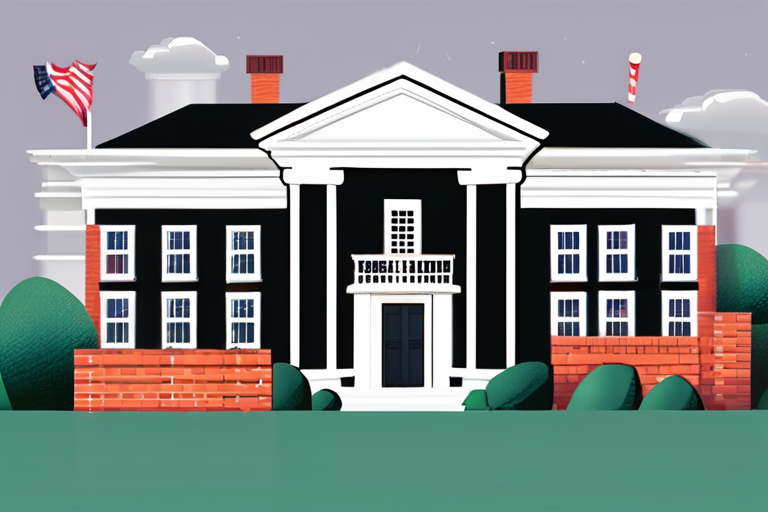


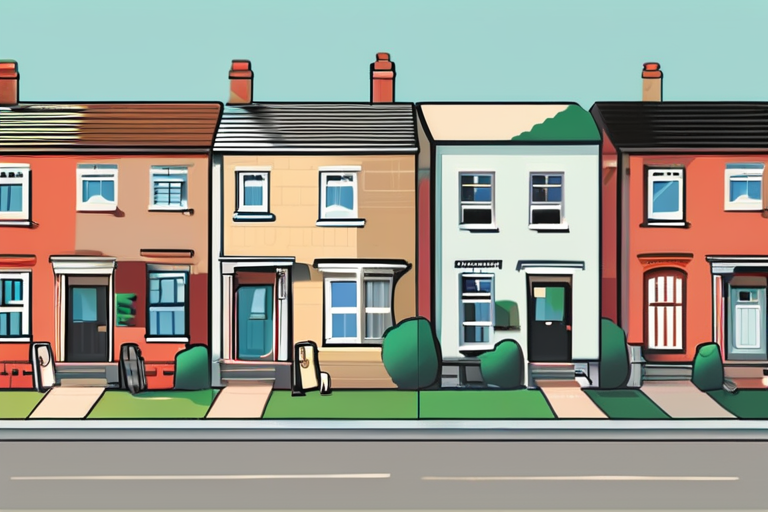
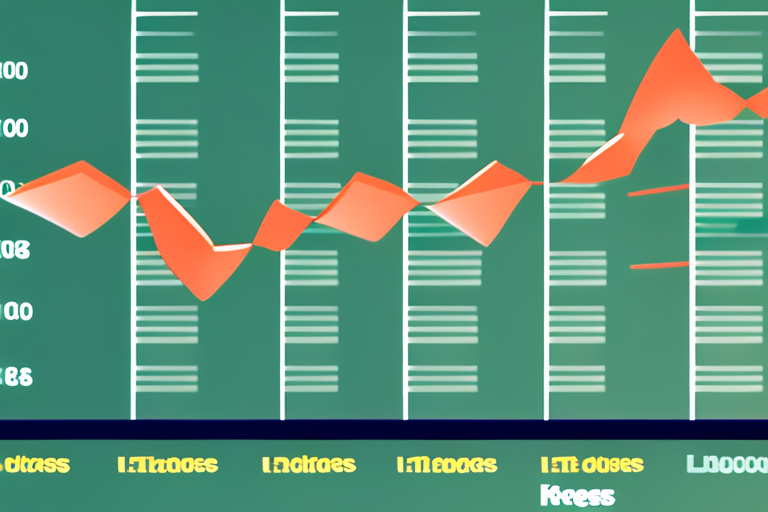
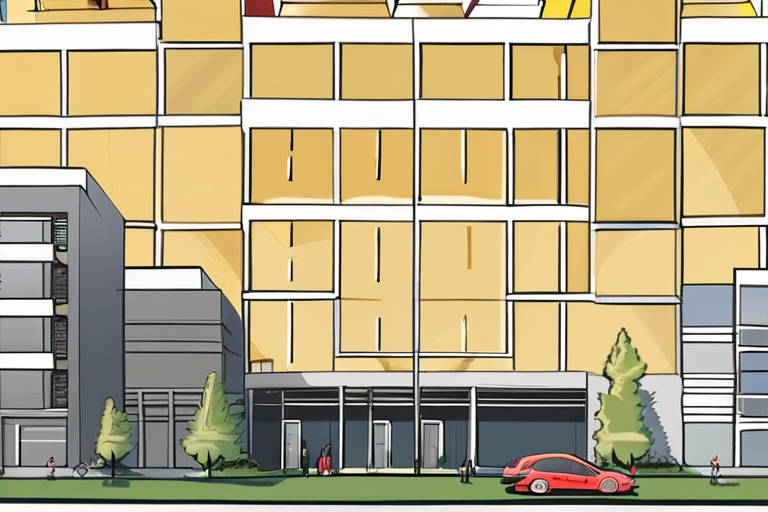


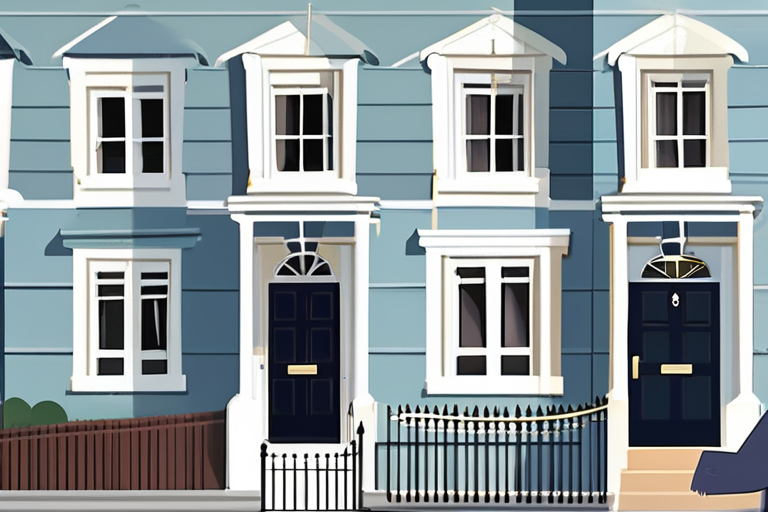
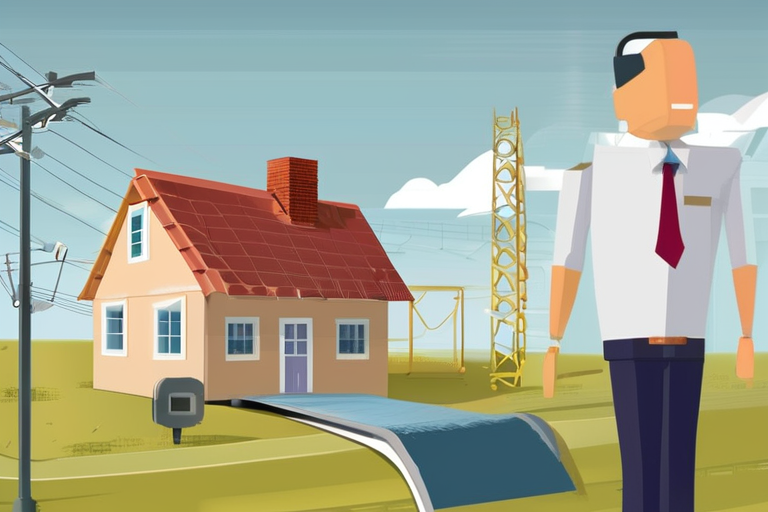
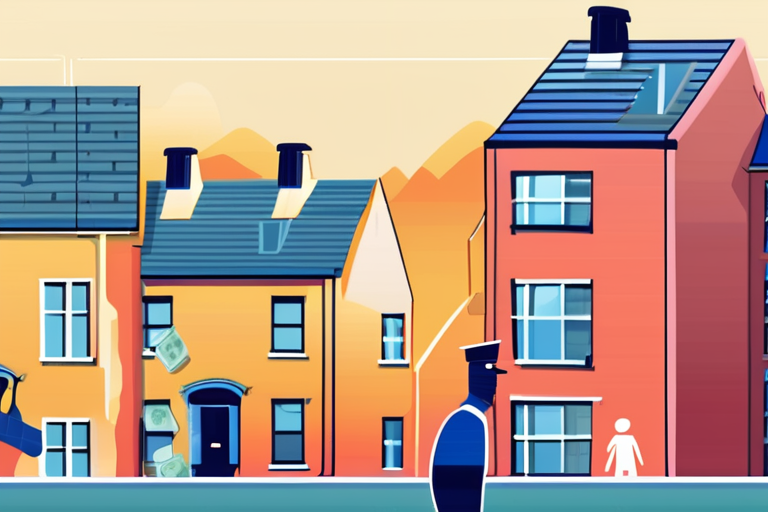
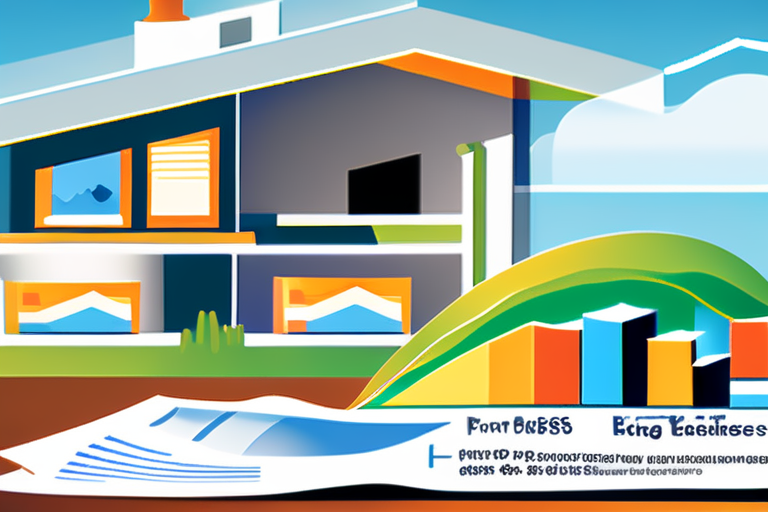
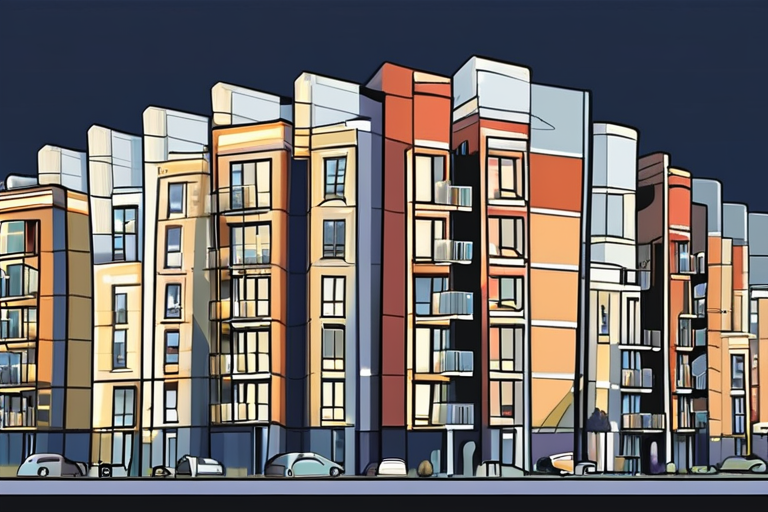
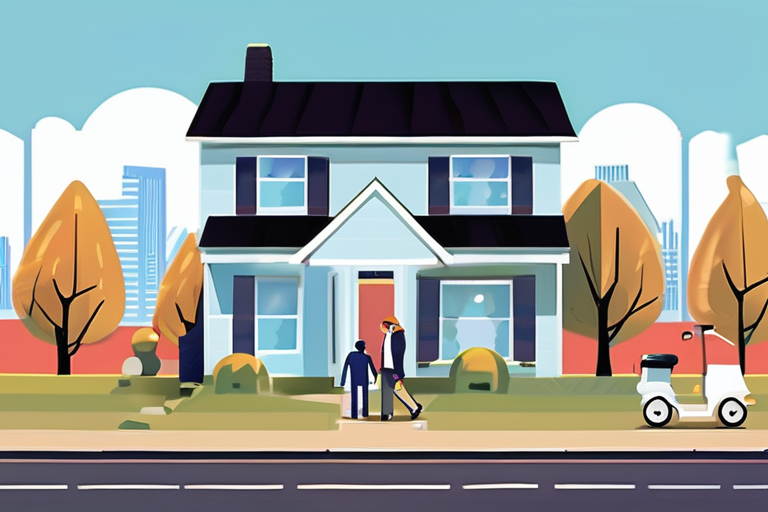



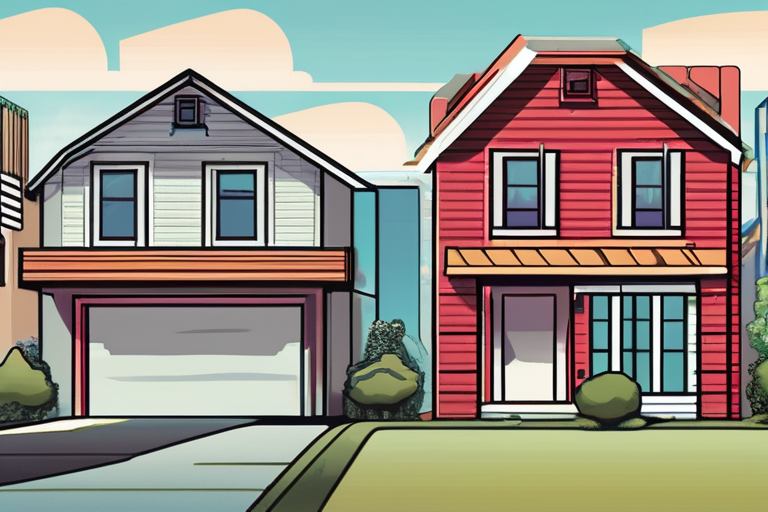
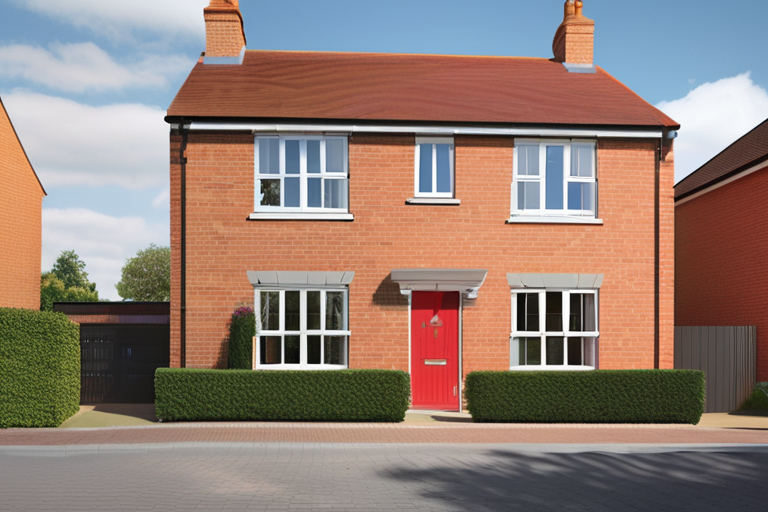
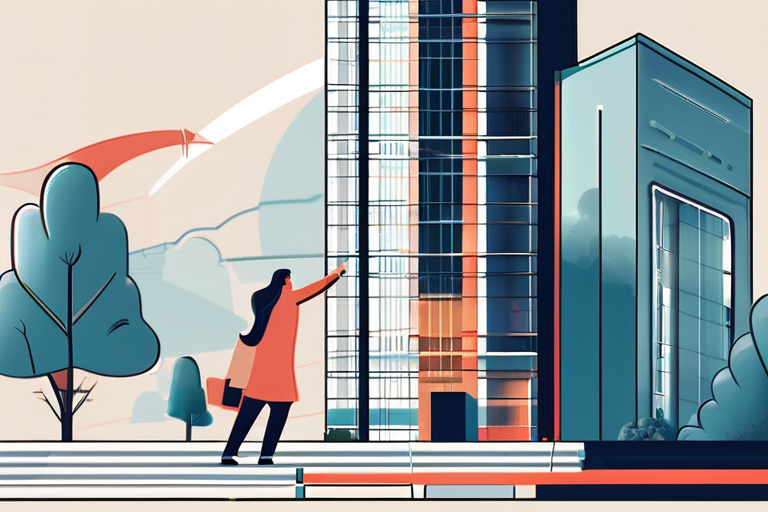
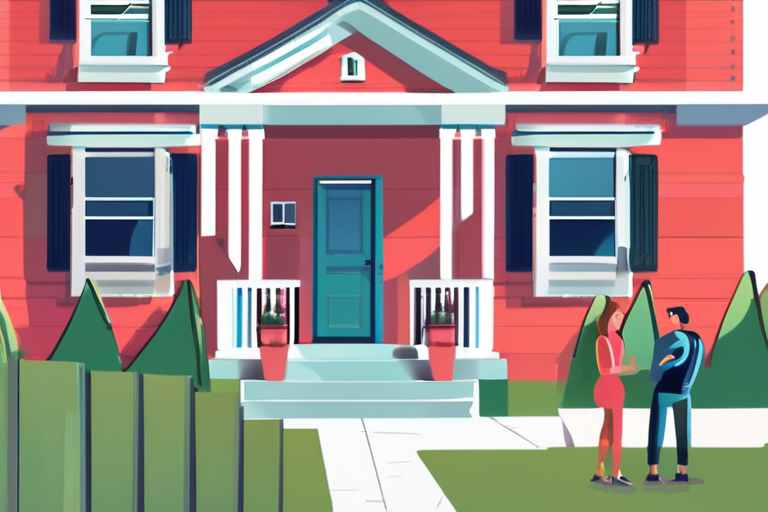
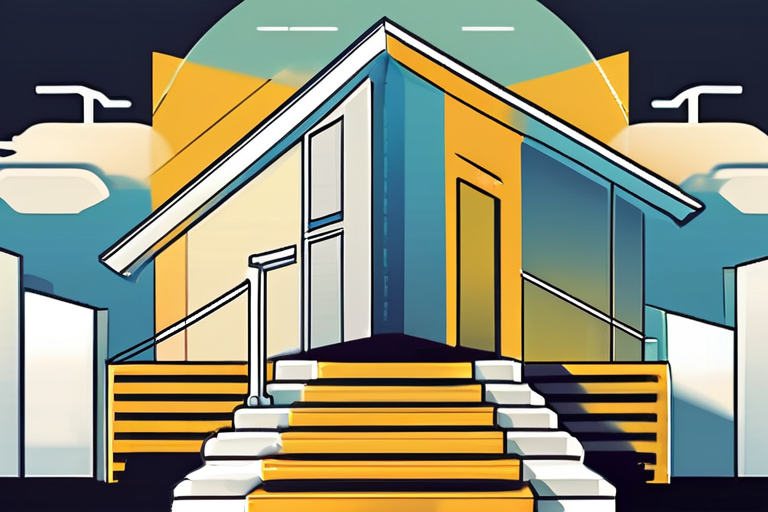
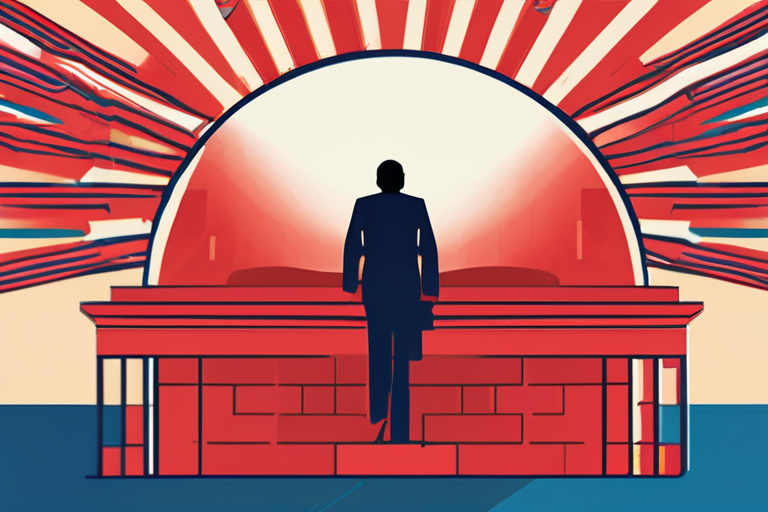
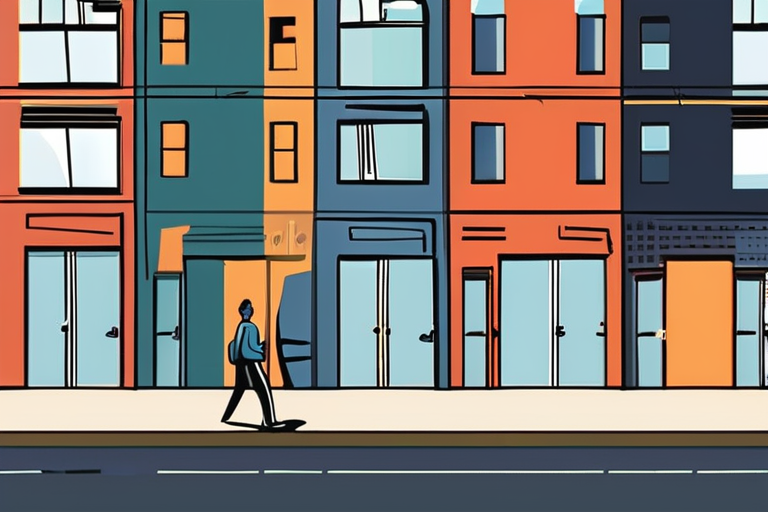
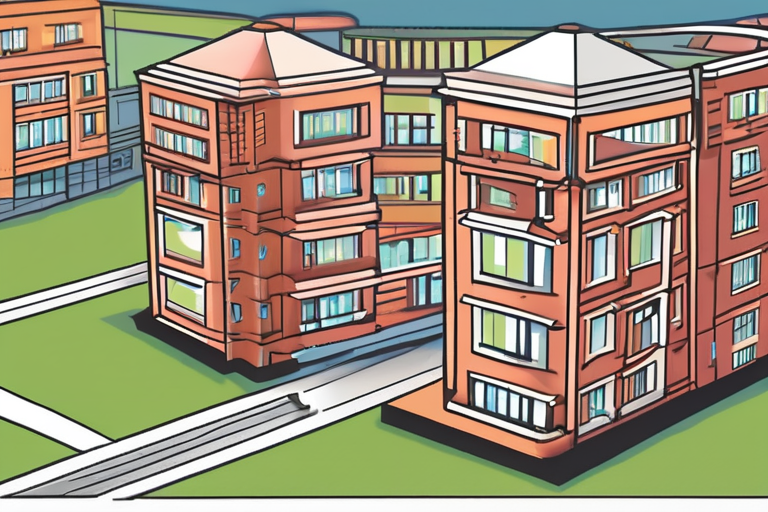
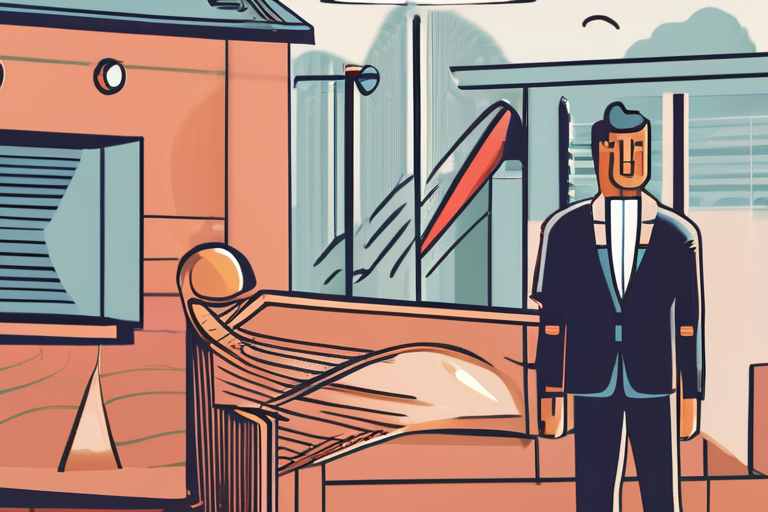
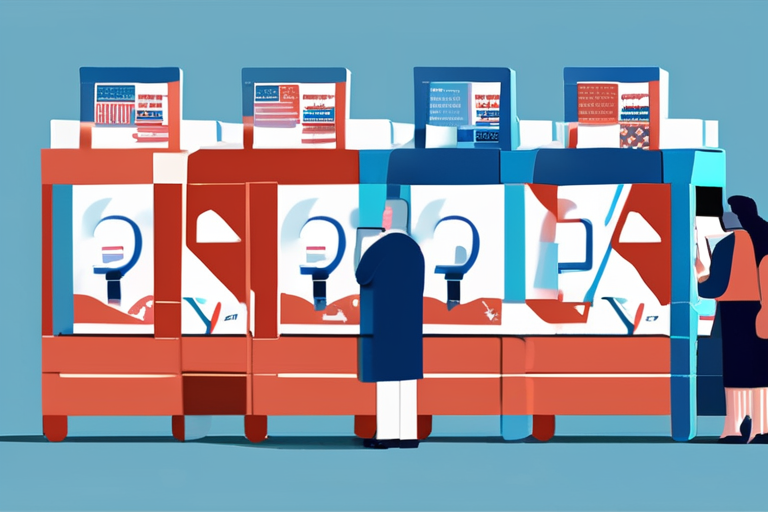
Share & Engage Share
Share this article